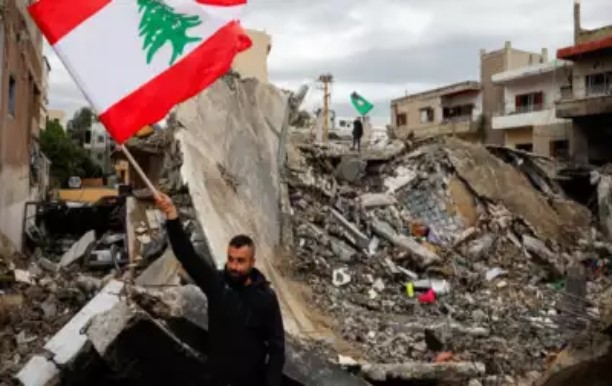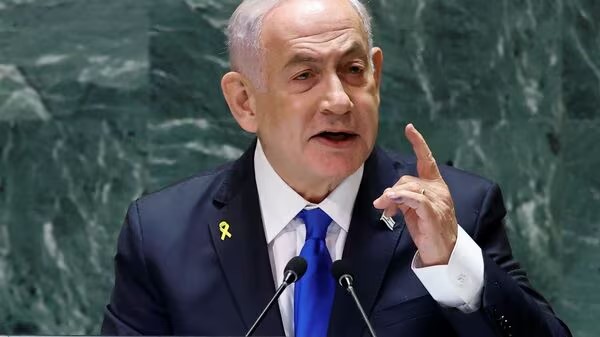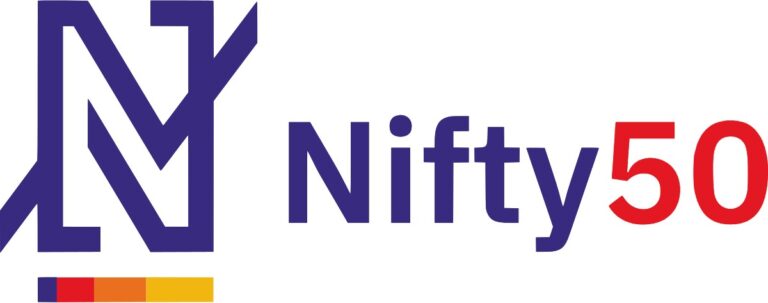
Lebanon-Israel Ceasefire: What It Means
In a historic development, Lebanon-Israel ceasefire took effect on November 15, 2024, marking the end of a 14-month-long conflict between Israel and Hezbollah. Thousands of displaced families in southern Lebanon are returning home despite ongoing concerns about the truce’s durability. The ceasefire is part of a US-brokered agreement aimed at calming tensions in the region.
Table of Contents
Lebanon-Israel Ceasefire: Key Events Leading to the Ceasefire
The fighting escalated after Hezbollah began launching rocket strikes on Israel following the October 2023 Hamas assault. Over the past year, Israel retaliated with heavy bombing, targeting Hezbollah’s strongholds in southern Lebanon and Beirut. The violence has taken a significant toll on both sides, with devastating impacts on civilians and infrastructure.
On Tuesday, hours before the truce began, Israel conducted one of its heaviest bombing campaigns, killing 42 people in southern Lebanon. In response, Hezbollah fired rockets into northern Israel, prompting air raid sirens and widespread displacement.
Returning Home Amid Uncertainty
Since the ceasefire took effect at 4 a.m. local time, Lebanese motorways have been filled with vehicles carrying families back to their homes in the south. However, the Israeli military has urged caution, advising against returning to villages near the “blue line” demarcation zone due to the continued presence of armed forces.
The Lebanese army has echoed this sentiment, cautioning against entering frontline towns while security remains fragile.
Terms of the Ceasefire Agreement
The agreement involves a 60-day staged withdrawal of Israeli forces from southern Lebanon, while Hezbollah must relocate fighters and heavy weaponry north of the Litani River. A US-led supervisory mechanism will oversee the truce and mediate any violations. The deal, however, excludes Gaza, where fighting continues.
Impact on Lebanon and Israel
- Lebanon: Hezbollah has suffered heavy losses, with much of its leadership decimated and its military capabilities diminished. Despite this, the group’s supporters view its survival as a victory, celebrating in southern Beirut with flag-waving and gunfire.
- Israel: The ceasefire has sparked mixed reactions. Prime Minister Benjamin Netanyahu emphasized Israel’s readiness to retaliate against violations, while northern residents criticized the deal, citing fears of renewed violence.
Global Reactions
The truce has garnered cautious optimism. Iran, a key ally of Hezbollah, welcomed the agreement as an end to Israeli aggression. Conversely, Israeli right-wing groups expressed dissatisfaction, questioning the reliance on the Lebanese army and UN peacekeepers to prevent Hezbollah’s return to the border.







1 thought on “Lebanon-Israel Ceasefire: Thousands Return Amid Cautious Optimism”